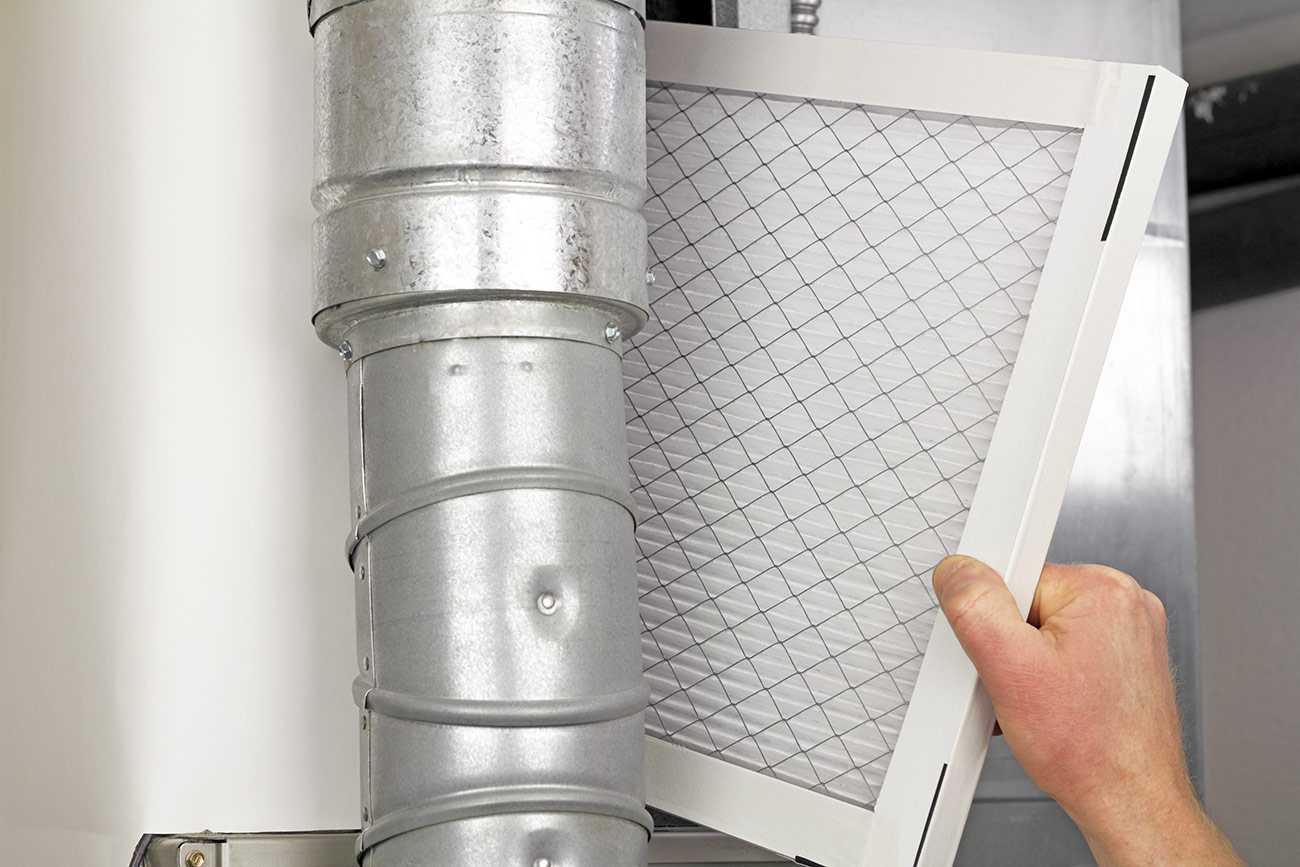Air quality is an essential aspect of our living and working environments, significantly affecting our health and comfort. One of the critical components that contribute to maintaining good air quality is the air filter in our HVAC systems. However, many homeowners often overlook the importance of regularly checking and replacing these filters. Understanding how often should I replace my air filter can lead to improved air quality, increased efficiency of heating and cooling systems, and ultimately, lower energy bills.
When it comes to air filters, a one-size-fits-all approach does not apply. Various factors influence the lifespan of an air filter, including the type of filter used, the environment of your home, and your personal lifestyle. For instance, if you have pets or live in an area with high pollen counts, you may need to replace your air filter more frequently. This article aims to explore the question, how often should I replace my air filter, while providing valuable insights on maintaining your home’s air quality effectively.
In addition to health benefits, regularly replacing your air filter can also enhance the performance of your HVAC system. Clogged or dirty filters can restrict airflow, making your system work harder and leading to premature wear and tear. By regularly monitoring and replacing your air filter, you can save money in the long run and enjoy a more comfortable living space.
What Is the Purpose of an Air Filter?
An air filter serves a crucial role in your HVAC system by trapping dust, allergens, and other pollutants that can compromise indoor air quality. By capturing these particles, the filter helps to keep your home’s air clean and breathable. Additionally, a clean air filter ensures optimal airflow, allowing your heating and cooling systems to operate efficiently.
How Does Air Filter Type Affect Replacement Frequency?
The type of air filter you choose can greatly impact how often you need to replace it. Here are some common types of air filters:
- Fiberglass Filters: These are the most basic type and typically need replacement every 30 days.
- Pleated Filters: These are more efficient and can last up to 90 days.
- HEPA Filters: Highly effective for trapping small particles, these can last up to six months to a year.
What Factors Influence How Often Should I Replace My Air Filter?
Several factors can influence how often you should replace your air filter, including:
- Presence of pets
- Allergies or respiratory issues in the household
- Local climate and pollen counts
- Frequency of HVAC system use
How Can I Determine When to Replace My Air Filter?
Aside from adhering to a replacement schedule, there are a few signs that can indicate it’s time to replace your air filter:
- Visible dirt and dust accumulation on the filter
- Reduced airflow from vents
- Increased allergy symptoms among household members
- Unusual noises from the HVAC system
How Often Should I Replace My Air Filter for Optimal Performance?
For most households, a good rule of thumb is to check your air filter monthly and replace it every 1 to 3 months, depending on the type of filter and the factors mentioned earlier. However, homes with pets or higher levels of dust may require more frequent changes. Always refer to the manufacturer’s instructions for specific recommendations.
What Are the Consequences of Neglecting Air Filter Replacement?
Failing to replace your air filter regularly can lead to several negative consequences:
- Increased energy bills due to reduced system efficiency
- Shortened lifespan of your HVAC system
- Worsening indoor air quality, leading to health issues
Can I Clean My Air Filter Instead of Replacing It?
Some air filters, such as washable filters, can be cleaned and reused. However, it is essential to follow the manufacturer's guidelines on cleaning methods and frequency. In many cases, disposable filters are more effective at trapping particles and are often more convenient to replace.
How to Properly Replace My Air Filter?
Replacing your air filter is a straightforward process. Here’s a simple step-by-step guide:
- Turn off your HVAC system.
- Locate the air filter compartment, usually near the air handler or furnace.
- Remove the old filter and note its size and type.
- Insert the new filter in the correct orientation (check for airflow arrows).
- Close the compartment and turn the HVAC system back on.
Conclusion: How Often Should I Replace My Air Filter?
In conclusion, understanding how often should I replace my air filter is crucial for maintaining good air quality and ensuring your HVAC system operates efficiently. By regularly monitoring and replacing your air filter, you can improve the air you breathe, save on energy costs, and extend the lifespan of your system. Remember to consider the type of filter, your home’s environment, and any specific needs of your household when establishing a replacement schedule.




